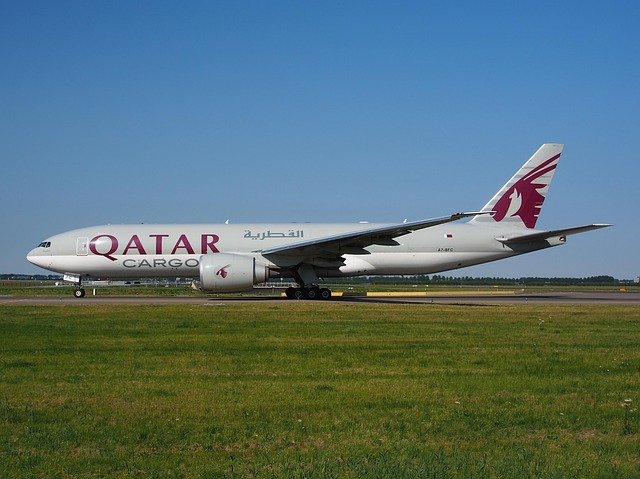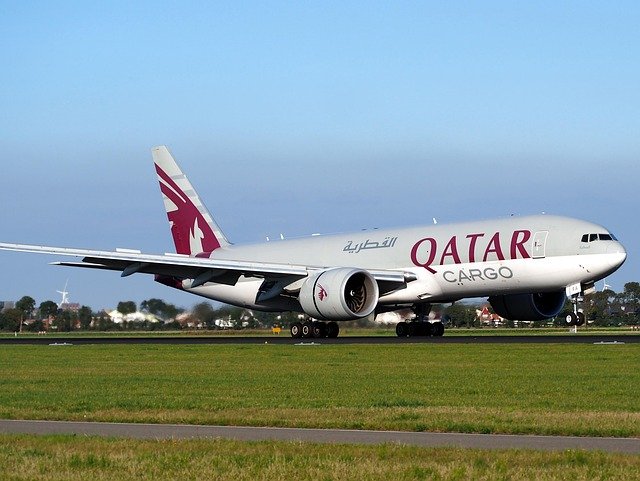Qatar Airways, the state-owned flag carrier of Qatar, has long been a familiar sight for UK travellers heading east and beyond. In recent weeks, however, the airline has dominated headlines for reasons both challenging and celebratory. From sudden airspace closures that stranded thousands of Britons to record-breaking financial results and industry accolades, Qatar Airways continues to play a pivotal role in global aviation—and in the travel plans of many in the UK.

Airspace Closure: A Sudden Halt for UK Travellers
On 23 June 2025, Qatar Airways was thrust into the spotlight when it was forced to suspend all flights after Qatari airspace was abruptly closed. The closure, triggered by Iranian missile strikes targeting US military bases in Qatar, sent shockwaves through the aviation world and left thousands of passengers—many of them British—diverted or stranded across the Middle East. Flights from major UK airports, including Heathrow, Gatwick, Manchester, Birmingham, and Edinburgh, were either diverted to cities such as Riyadh, Istanbul, and Abu Dhabi, or forced to return to their points of origin. One Qatar Airways flight from Gatwick, for example, was rerouted to Riyadh while already descending toward Doha. The disruption was immediate and widespread, with at least seven UK-Doha flights affected and more than 100,000 passengers passing through Doha’s Hamad International Airport each day.
The Foreign, Commonwealth & Development Office (FCDO) swiftly issued guidance, advising British nationals in Qatar to shelter in place and monitor updates from local authorities. The airline, for its part, deployed extra ground staff to assist affected passengers and pledged to resume operations as soon as it was safe to do so.
The Impact on Passengers
The closure of Qatari airspace created chaos for travellers, many of whom found themselves in unfamiliar airports with little information or support. In some cases, passengers were put up in hotels while awaiting onward flights, but logistical challenges—such as visa restrictions in India and limited hotel capacity in Bahrain and Muscat—meant that many flights simply returned to their starting points. For some, this meant hours spent on a “flight to nowhere,” a frustrating but ultimately safer alternative given the circumstances.
Travel industry leaders in the UK acknowledged the anxiety and uncertainty caused by the incident. Julia Lo-Bue Said, chief executive of the Advantage Travel Partnership, urged travellers to stay in close contact with their agents and airlines for the latest guidance. The FCDO also warned of the potential for further disruptions in the region, underscoring the need for vigilance when booking or embarking on journeys that transit Middle Eastern airspace.
Swift Recovery and a Return to the Skies
Despite the unprecedented disruption, Qatar Airways moved quickly to restore normal service. Within hours of the airspace reopening, the airline began reinstating flights and assisting passengers in reaching their destinations. The carrier’s response was widely seen as efficient, with a clear focus on passenger safety and communication.
This episode highlights the volatility that can affect international travel, especially in regions prone to geopolitical tensions. It also underscores the importance of robust contingency planning and the ability of leading airlines like Qatar Airways to adapt rapidly in the face of crisis.
Record-Breaking Financial Results
While the airspace closure dominated news cycles, Qatar Airways also made headlines for more positive reasons. In May 2025, the airline announced its strongest financial results in its 28-year history. For the 2024-2025 financial year, Qatar Airways Group reported a net profit of $2.15 billion (over £1.7 billion) and revenue of $23.6 billion, both significant increases on the previous year.
The airline carried 43.1 million passengers, up from 40 million the year before, and maintained an impressive average load factor of 85%. Cargo operations also saw a 17% revenue boost, reflecting the airline’s agility and investment in digitalisation and reliability.Group CEO Badr Mohammed Al Meer credited these results to the dedication of more than 55,000 staff worldwide and the successful implementation of the company’s “Qatar Airways 2.0” strategy, which focuses on talent development and strategic partnerships.
UK Connections: A Vital Link
For British travellers, Qatar Airways is more than just another airline. The carrier operates 56 weekly flights to the UK, the highest frequency of any Gulf airline, serving London Heathrow, Gatwick, Birmingham, Manchester, and Edinburgh. The UK is the second-largest market for Qatar Airways after the United States, with 1.81 million seats offered in 2024 alone. London remains a favourite destination for Qatari tourists, students, and investors, while Qatar itself is increasingly popular with British visitors.
The airline’s partnership with British Airways, both members of the oneworld Alliance, further strengthens connectivity between the two countries. This alliance allows seamless travel for passengers and enhances trade, tourism, and cultural ties between the UK and Qatar.
Industry Recognition and Innovation
Qatar Airways’ commitment to excellence was recognised at the 2025 World Airline Awards, where it was named the World’s Best Airline for a record ninth time. The airline also took top honours for its business class and lounges, cementing its reputation for luxury and service.
Innovation remains at the heart of Qatar Airways’ strategy. The airline became the first in the world to install Starlink super-fast WiFi across its Boeing 777 fleet and introduced a digital cabin crew powered by conversational AI in both English and Arabic. These advancements, alongside a growing fleet and network expansion to 177 destinations, position Qatar Airways as a leader in global aviation.
Looking Ahead
Despite the challenges posed by regional instability, Qatar Airways has demonstrated resilience and adaptability. Its rapid response to the airspace closure, combined with record financial results and ongoing investment in technology and service, ensures it remains a key player in the skies—and a trusted choice for UK travellers.
Conclusion:
Qatar Airways has solidified its reputation as a world-leading airline in 2025, achieving record financial results with a net profit of $2.15 billion and expanding its global network to 177 destinations. The carrier continues to set industry benchmarks, winning the World’s Best Airline award for a record ninth time and pioneering innovations such as super-fast WiFi and digital cabin crew. With strategic investments, a growing fleet, and a focus on both passenger experience and operational excellence, Qatar Airways stands out as a resilient and ambitious force in international aviation.
To read more, click here

